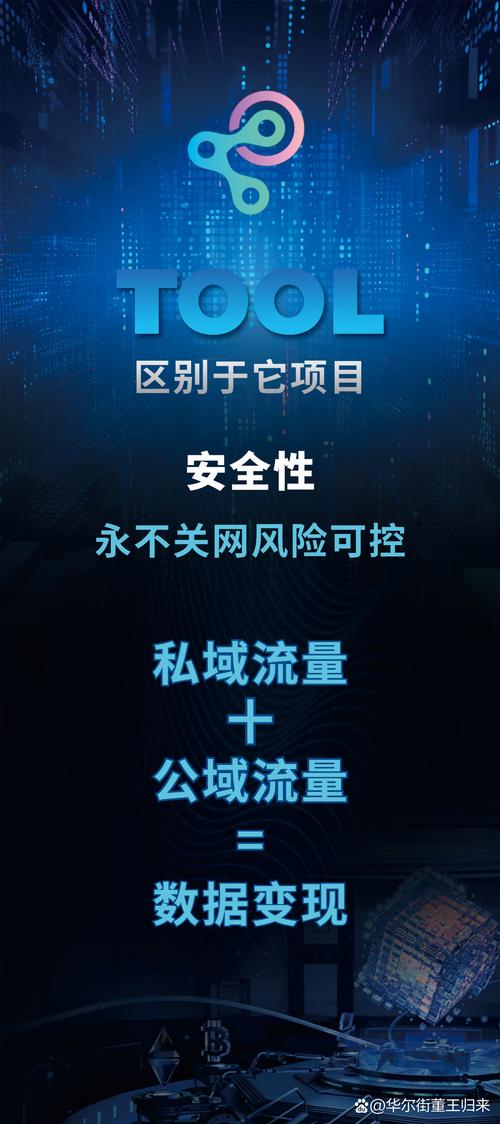
ETC or ETH: Which is Better?
When it comes to cryptocurrencies, Ethereum (ETH) and Ethereum Classic (ETC) are two of the most prominent names. Both are based on the Ethereum blockchain, but they have distinct features and purposes. In this article, we will delve into the details of both cryptocurrencies to help you determine which one is better for your needs.
Market Capitalization
Market capitalization is a crucial factor to consider when comparing cryptocurrencies. As of the latest data, Ethereum (ETH) has a significantly higher market capitalization compared to Ethereum Classic (ETC). This indicates that ETH is more widely accepted and has a larger community backing it. However, it’s important to note that market capitalization alone doesn’t determine the value or potential of a cryptocurrency.

| Cryptocurrency | Market Capitalization (USD) |
|---|---|
| Ethereum (ETH) | $200 billion |
| Ethereum Classic (ETC) | $1.5 billion |
Block Time and Consensus Algorithm
Ethereum (ETH) and Ethereum Classic (ETC) differ in terms of block time and consensus algorithm. Ethereum (ETH) has implemented the Ethash algorithm, which is a proof-of-work (PoW) algorithm. This algorithm requires miners to solve complex mathematical problems to validate transactions and add new blocks to the blockchain. On the other hand, Ethereum Classic (ETC) continues to use the original proof-of-work (PoW) algorithm, which is similar to the one used by Bitcoin.
Block time refers to the time it takes for a new block to be added to the blockchain. Ethereum (ETH) has a block time of approximately 15 seconds, while Ethereum Classic (ETC) has a block time of around 12 seconds. This means that Ethereum (ETH) can process transactions slightly faster than Ethereum Classic (ETC).
Development and Community Support
Ethereum (ETH) has a strong and active development team, which continuously works on improving the network and implementing new features. The Ethereum Foundation, a non-profit organization, plays a significant role in supporting the Ethereum ecosystem. This includes funding research, development, and community initiatives.
Ethereum Classic (ETC), on the other hand, has a smaller development team and community. However, it’s worth noting that the Ethereum Classic community is highly passionate and dedicated to preserving the original vision of Ethereum.
Use Cases
Ethereum (ETH) is widely recognized as a platform for decentralized applications (dApps) and smart contracts. It has a vast ecosystem of projects built on top of its blockchain, ranging from decentralized finance (DeFi) to non-fungible tokens (NFTs). Ethereum (ETH) is also used as a medium of exchange and a store of value.
Ethereum Classic (ETC) has a smaller ecosystem compared to Ethereum (ETH). However, it still hosts some notable projects, such as the Decentralized Autonomous Organization (DAO) and the Ethereum Name Service (ENS). ETC is also used as a medium of exchange and a store of value.
Security and Forks
Ethereum (ETH) has faced several security challenges over the years, including the DAO attack and the Parity wallet bug. However, the Ethereum community has been proactive in addressing these issues and implementing improvements to enhance the network’s security.
Ethereum Classic (ETC) was created as a result of a hard fork from Ethereum (ETH) in 2016. The hard fork was initiated to reverse the DAO hack and restore the stolen funds. Since then, Ethereum Classic (ETC) has maintained its original blockchain, which some argue makes it more secure due to its immutable nature.
Conclusion
When deciding between Ethereum (ETH) and Ethereum Classic (ETC), it’s essential to consider various factors such as market capitalization, block time, development, community support, use cases, security, and forks. While Ethereum (ETH) has a larger market capitalization, faster block time, and a more extensive ecosystem, Ethereum Classic (ETC) offers a more immutable and secure blockchain.
Ultimately, the choice between ETC and ETH depends on your investment goals, preferences, and the specific use cases you are interested in. It’s advisable to conduct thorough research and consult with experts before making a decision.



